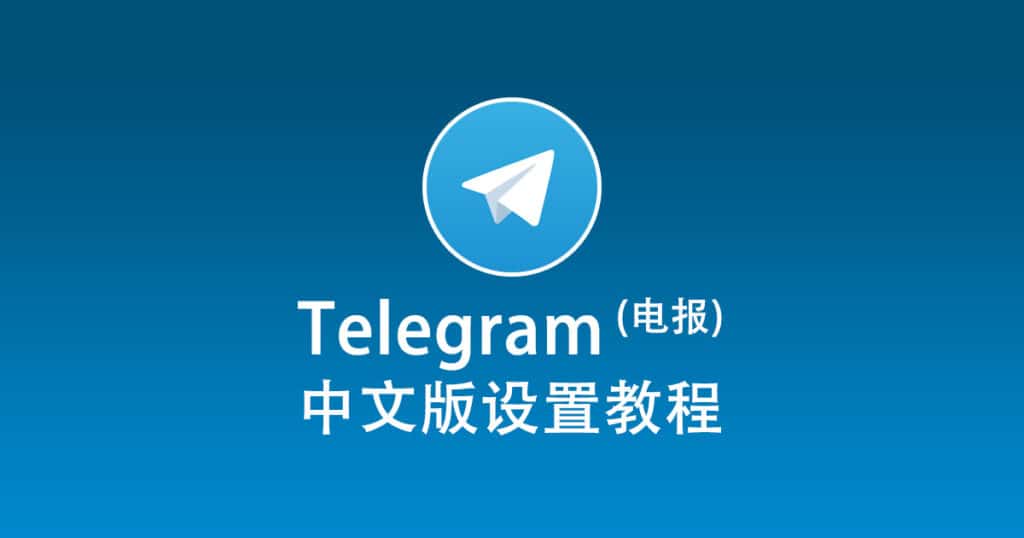Telegram has emerged as one of the most powerful messaging platforms in the world, revolutionizing how people communicate, collaborate, and consume content online. With its user-friendly interface,telegram官网 end-to-end encryption,and a suite of innovative features, Telegram stands apart from traditional messaging apps like WhatsApp and Facebook Messenger.
Founded in 2013 by brothers Pavel and Nikolai Durov, Telegram was created with a clear focus on speed and security. The app is cloud-based, allowing users to access messages from multiple devices simultaneously. This flexibility has made it especially appealing to individuals and businesses that value convenience and cross-device compatibility.
One of Telegram’s most celebrated features is its robust privacy policy. Unlike many social media platforms, Telegram does not share user data with third parties and offers secret chats with self-destructing messages. Its encryption protocols ensure that messages are secure, fostering a sense of trust among its 900+ million active users.
Telegram also excels in providing features that go beyond simple messaging. The app supports groups of up to 200,000 members, public and private channels, bots for automating tasks, and voice/video calls. Users can share large files up to 2 GB, making it ideal for sharing media, documents, and even software among communities.
Another reason for Telegram’s popularity is its openness to developers. With its bot API and open-source code for the app’s front end, developers can build tools, games, and automation services. This has created a thriving ecosystem that enhances user experience across sectors like education, e-commerce, customer service, and content creation.
Telegram has also gained attention as a platform for freedom of expression. In countries with strict censorship laws, Telegram provides an avenue for uncensored news, political activism, and civil discourse. Its resistance to government pressure in some cases has made it a symbol of digital independence.
However, Telegram’s commitment to privacy and openness has also sparked criticism. Its encryption and lack of content moderation have been exploited by extremist groups and misinformation campaigns. While Telegram has taken steps to block illegal content, its decentralized nature makes full control difficult.
Despite these controversies, Telegram continues to grow rapidly. Businesses are now using Telegram to offer customer support, broadcast updates, and manage communities. Influencers and educators use channels to reach their audiences directly, bypassing traditional social media algorithms.
In conclusion, Telegram is much more than just a messaging app. It is a comprehensive communication platform that balances privacy, innovation, and community building. As the digital landscape continues to evolve, Telegram’s influence is likely to expand, setting new standards for how we connect in a hyperconnected world.